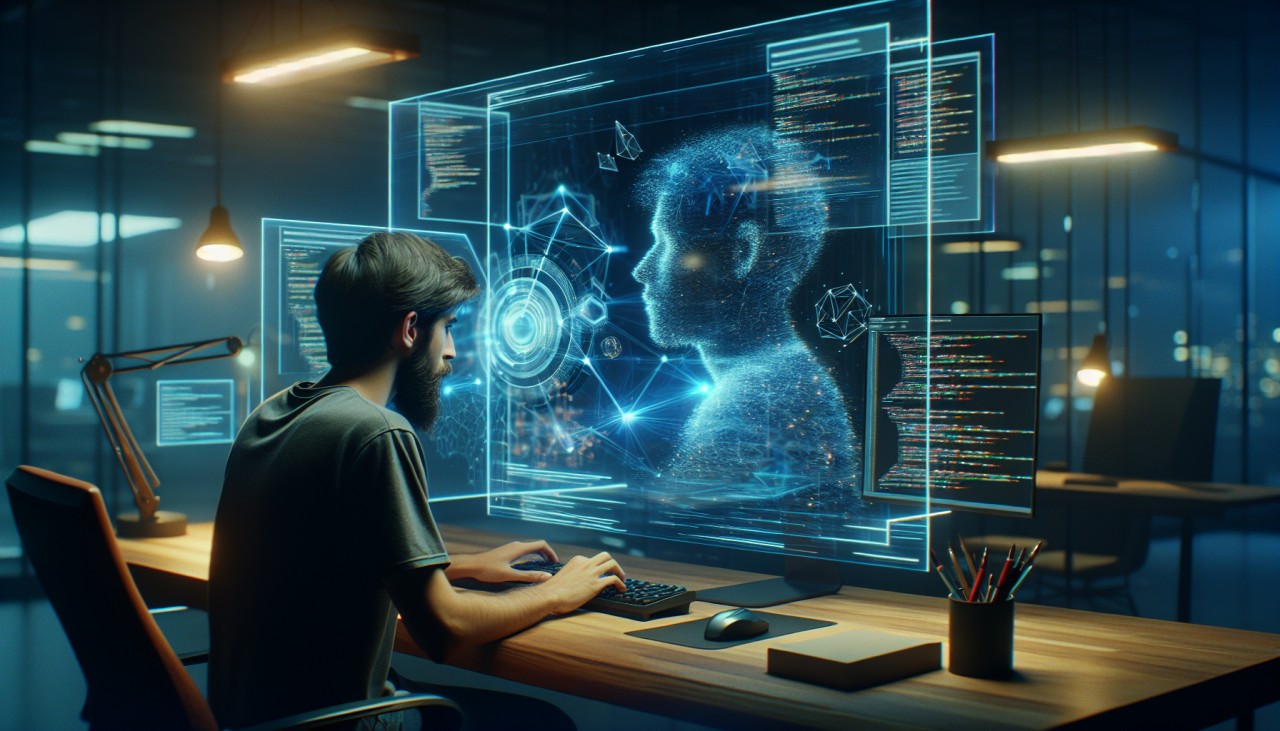In the ever-evolving landscape of software development, a groundbreaking approach known as "vibe coding" is gaining traction. Coined by computer scientist Andrej Karpathy in early 2025, vibe coding allows developers to generate functional code by providing natural language descriptions, effectively transforming the way we interact with machines. This method leverages advanced large language models (LLMs) trained on extensive code repositories, enabling them to understand and generate code snippets based on human-like instructions. The primary advantage of vibe coding lies in its ability to democratize software development, allowing individuals with limited programming experience to contribute to coding projects. By lowering the technical barrier, vibe coding facilitates rapid prototyping and accelerates the development process, particularly in fast-paced innovation environments. However, it's important to note that while vibe coding offers significant benefits, it also presents certain challenges. The reliance on AI-generated code can lead to issues such as inaccuracies, lack of context, and potential security vulnerabilities. A study by the nonprofit research organization METR highlighted that AI tools often slowed down experienced developers, especially when extending or refining complex systems. This underscores the necessity for human oversight to ensure the quality and security of the generated code. axios.com
As vibe coding continues to gain momentum, its impact on the software development industry is becoming increasingly evident. Startups specializing in AI-driven code generation are attracting substantial investment, with companies like Cursor and Windsurf achieving valuations in the billions. These tools automate coding by translating natural language into code or completing code lines, reducing reliance on entry-level engineers. Major tech companies, including Microsoft, Google, and OpenAI, are also introducing competing tools, intensifying competition in the market. Despite the rapid advancements, experts caution that AI-generated code should not replace thorough human validation and expert input in building reliable, secure software systems. The future of vibe coding lies in its ability to complement human expertise, enhancing productivity while maintaining the integrity and security of software applications. reuters.com
Key Takeaways
- Vibe coding enables code generation through natural language descriptions.
- It democratizes software development, allowing non-programmers to contribute.
- Challenges include potential inaccuracies and security vulnerabilities in AI-generated code.
- Human oversight remains crucial to ensure code quality and security.
- Major tech companies are investing heavily in AI-driven code generation tools.
